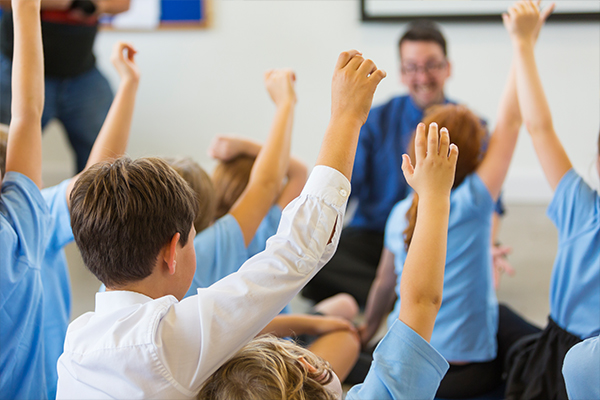Back to school: The research parents can thank for the primary school reopening plan

Melbourne parents are celebrating after yesterday’s announcement that childcare centres will fully reopen today.
From October 12, primary school students, special school students and VCE and VCAL students will return to onsite learning.
The decision to reopen primary schools was made thanks to findings from the Murdoch Children’s Research Institute, which discovered children with COVID-19 are less infectious than previously thought.
“We think that young children tend not to transmit as much as older children,” Paediatrician and public health physician at the MCRI, Professor Sharon Goldfeld, told Ross and Russel.
One theory is young children may not spread the virus as quickly as adults because their smaller lungs don’t project the virus as far.
The rapid response to outbreaks in schools and childcare has also driven down the transmission rate.
“When there was a case the schools or the childcare centres closed down pretty quickly, so that also stopped the spread,” Professor Goldfeld said.
More research is needed to determine the risk involved with reopening secondary schools to students in years seven to 10.
“We know that the younger children are less likely to transmit, so it was safer to open up primary schools,” Professer Goldfeld said.
“We don’t have all the data we need … we don’t know whether we should consider year seven to 10 as adults or as children or somewhere in between.”
Press PLAY below for more.















